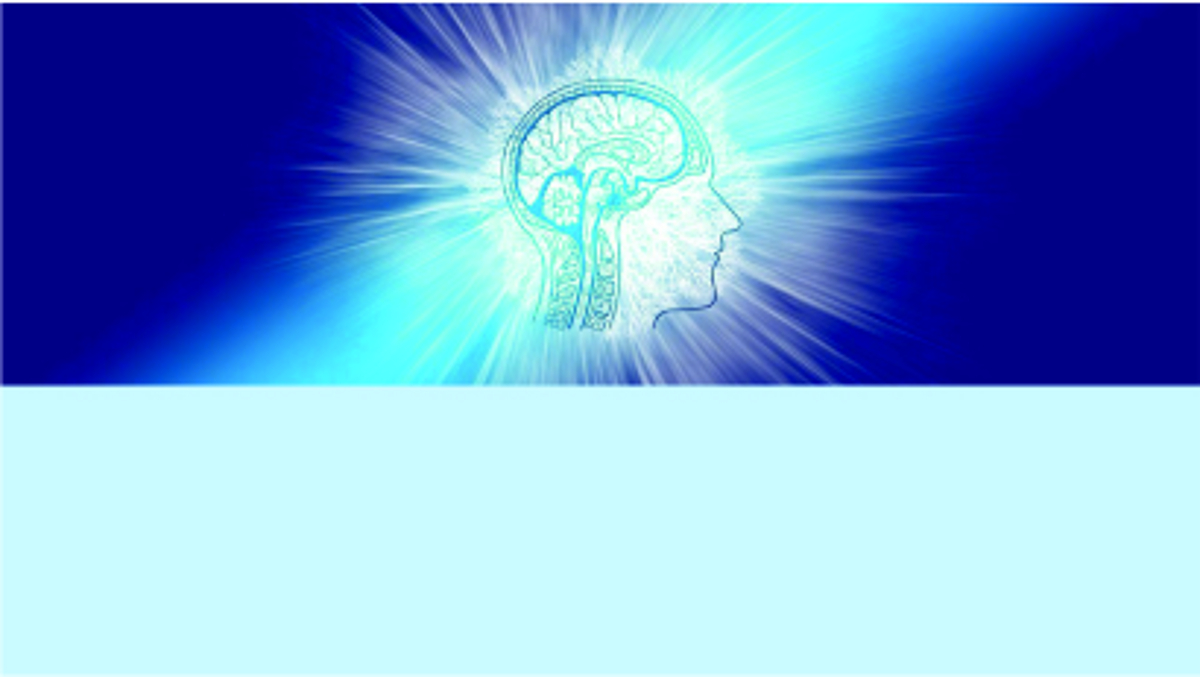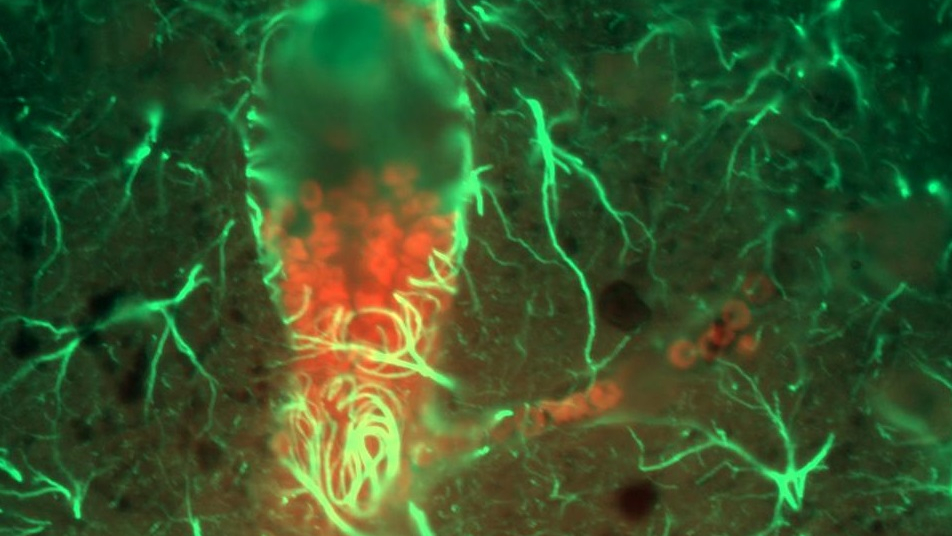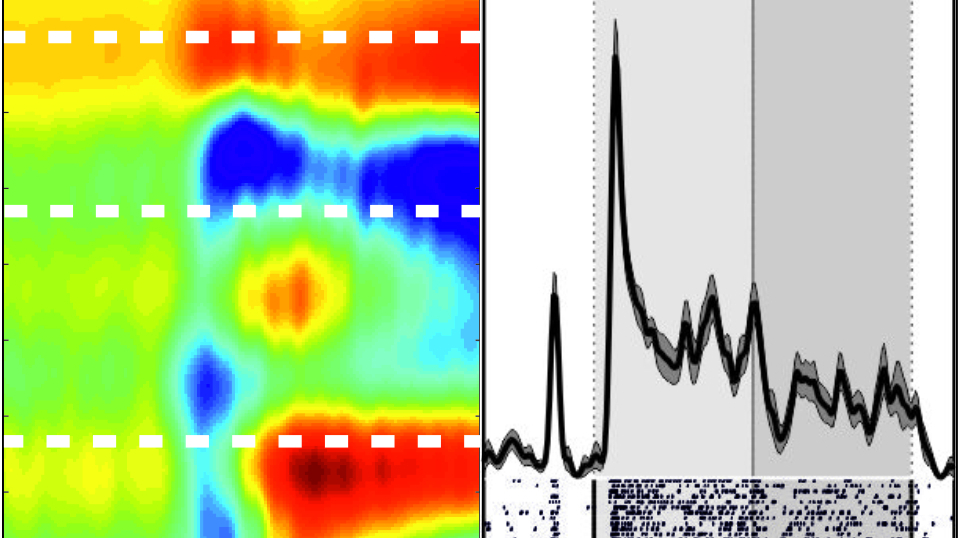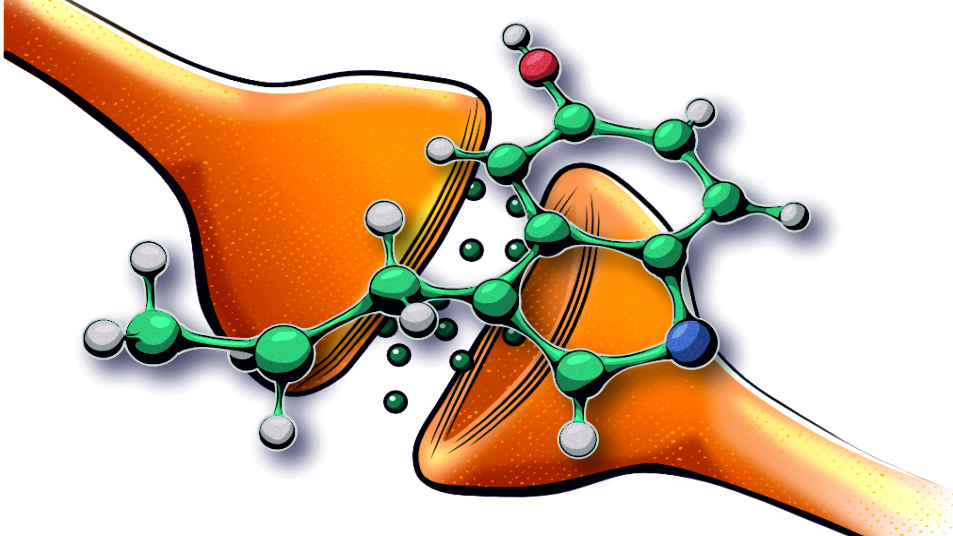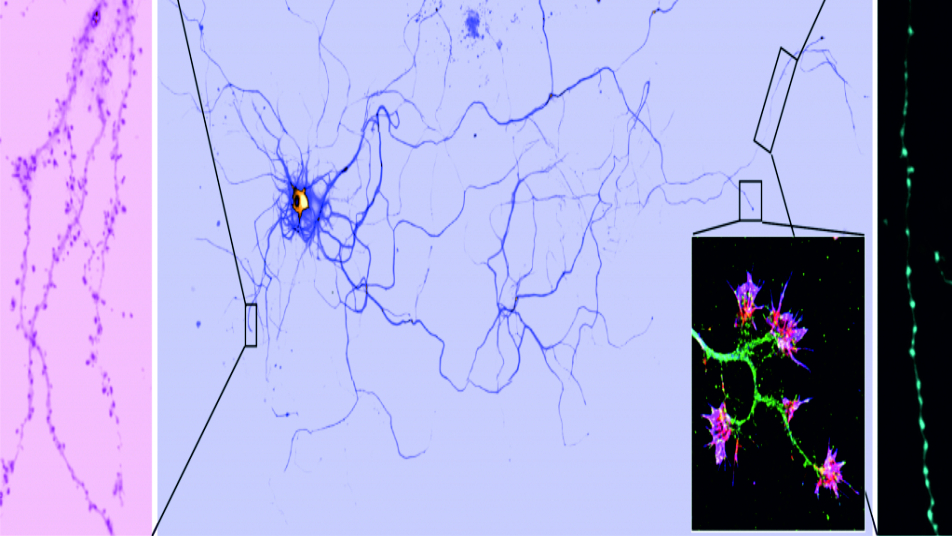The Brain Research Institute investigates the function and dynamics of neural networks, particularly in relation to adaptive behavior, cognitive processes, and molecular mechanisms. Various research groups at the institute explore how neurons interact, process information, and influence behavior and perception. The research spans from the molecular level of individual synapses to local neural circuits and complex networks.
With a broad range of methods, including optogenetics, calcium imaging, and electrophysiological recordings of neural activity, we aim to decipher the fundamental principles of brain function. These insights are intended to deepen the understanding of processes such as cognition, perception, information processing, and neural plasticity, providing new perspectives on the complex mechanisms of the brain.

